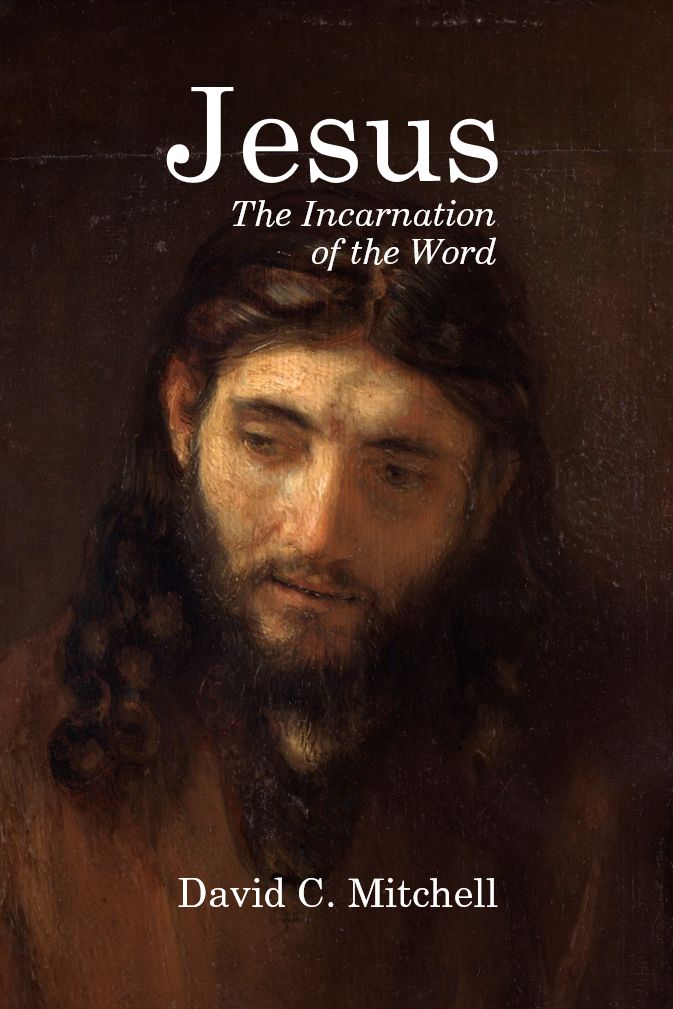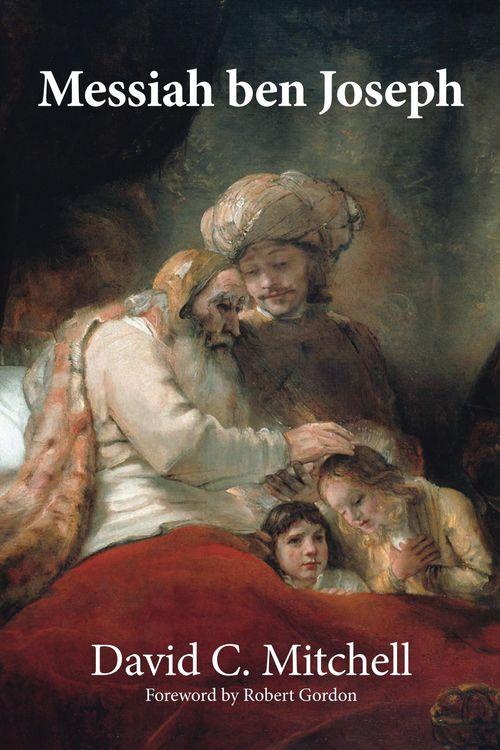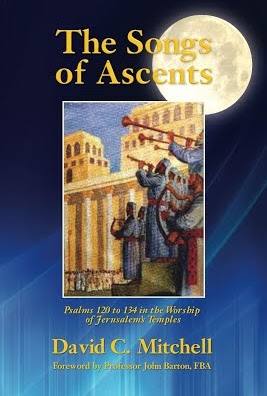BOOKS are all different. Some of my books are works of theological research, offering new evidence to open up fresh areas of biblical study. Others are more devotional, helping folk understand the Bible and live the Christian faith. Other books are in between: biblical research with a devotional element. They’re listed below.
As for my theological training, if you’d like to know, I have a doctorate in Hebrew Bible from Edinburgh University and a Masters in Biblical Interpretation from London School of Theology. I’m a member of The Society for Old Testament Study, the British learned society for the study of the Old Testament /Tanakh. The society turned one hundred years old in 2017, and I was honoured to be invited to deliver a keynote lecture at the centenary conference. You can read it here: The Origins of the Masoretic Cantillation.
Being an academic theologian is not my day-job. I chose years ago to work as a pastoral musician. So my areas of expertise run from archaeomusicology, through biblical, rabbinic, and liturgical studies, Christian and Jewish messianism, and music performance. My first book, The Message of the Psalter, was published in the JSOT Supplement Series. But when Sheffield sold out to Continuum (who sold out to Bloomsbury), I began to publish through Campbell Publishers. Much of the research in my books is published first in scholarly journals or edited academic volumes.

Awaiting the Millennial Kingdom (2024). This book investigates the ancient teaching that the present world-age will last six millennial days (6,000 years) until the Shabbat millennium. I propose that this idea originates from the Old Testament/Tanakh, and is found in the New Testament. It is, or should be, the basis of biblical eschatology.
Understanding the millennial week would allow us to know the time of the end, if only we could calculate the biblical date of creation. But the Jubilee cycle comes to our aid. Taken together, the Jubilee cycle and the millennial week allow us to propose the time of the end.
70% historical theology; 30% new research.

How To Be Happy For Ever (No, really!!) (2023). I wrote this short book on the Lord’s Prayer (21,000 words) for the nurses of a hospital in Paisley, Scotland. I say that Jesus told us to pray this prayer every day. If we do so, we will be greatly blessed and happy for ever. If we do not, we neglect a key part of Christian discipleship and lose the protection and blessing we might have.
90% devotional; 10% research.

Jesus: The Incarnation of the Word (2021). Not a book on the theology of the Incarnation, but a book about all Jesus’s appearances in human form, including his appearance to Avraham as Melchizedek. Maybe the best account you’ll read anywhere of how the genealogies of Matthew and Luke are both true and both necessary so that Jesus descends from the royal line of David without descending from Josiah’s cursed sons.
95% theology; 5% devotional.

Messiah ben Joseph (2016). This is the first ever full-length study of the slain Messiah of Rabbinic Judaism. For centuries, Messiah ben Joseph was the rabbis’ best-kept secret. They told anyone who asked about his origins that he developed in the Christian period.
I show that his origins lie in the blessings on Joseph (Gen. 49; Deut. 33). I trace his development through the Psalms, the Prophets, the Pseudepigrapha, the Dead Sea Scrolls, the New Testament, and the corpus of rabbinic literature. If you love the Bible, you should get to know Ben Joseph. He will revolutionize your understanding of messianic prophecy.
99% textual research; 1% exhortation.

The Songs of Ascents: Psalms 120 to 134 in the Worship of Jerusalem’s Temples (2015). Evidence that the Songs of Ascents were composed by David and the Merarite Levites for the dedication of Solomon’s temple, and the entry of the ark, on 15 Tishri 959 BC. I show how they were sung, as the Levites ascended to the temple, singing one song on each of the 15 steps. I also show how we can recover the lost music of the temple songs today.
In passing, I reveal the current hiding place of the not-so-lost ark of the covenant, and the correct vocalization of the sacred Name YHVH.
90% biblical research; 10% devotional.

The Message of the Psalter: An Eschatological Programme in the Book of Psalms (1997). I propose that the Book of Psalms is structured around a messianic metanarrative. In other words, someone arranged the Psalms to outline a program of future events like in Zechariah 9-14.
A bridegroom-Messiah gathers exiled Israel. He sets up a kingdom, but dies a violent death. Israel are scattered, then gathered again in troublous times. Finally, the king from the heavens rescues them. He sets his throne on Zion and receives the tribute of the nations.
99% theological research; 1% devotional.

The Psalms Album (1996) by David Mitchell & Sandy Nicholson. This grew out of a Church of Scotland initiative to remetricize the Psalms. It consisted of a book with Piano-Vocal and SATB arrangements, with a CD or cassette tape. There were eight psalms-settings by myself (15, 23, 46, 72, 93, 110, 136, 150) and four by Sandy Nicholson (1, 47, 121, 130). It’s no longer available in print unless you want to pick up a few copies in Belgium. But you can hear most of it on the Psalms Album page.
